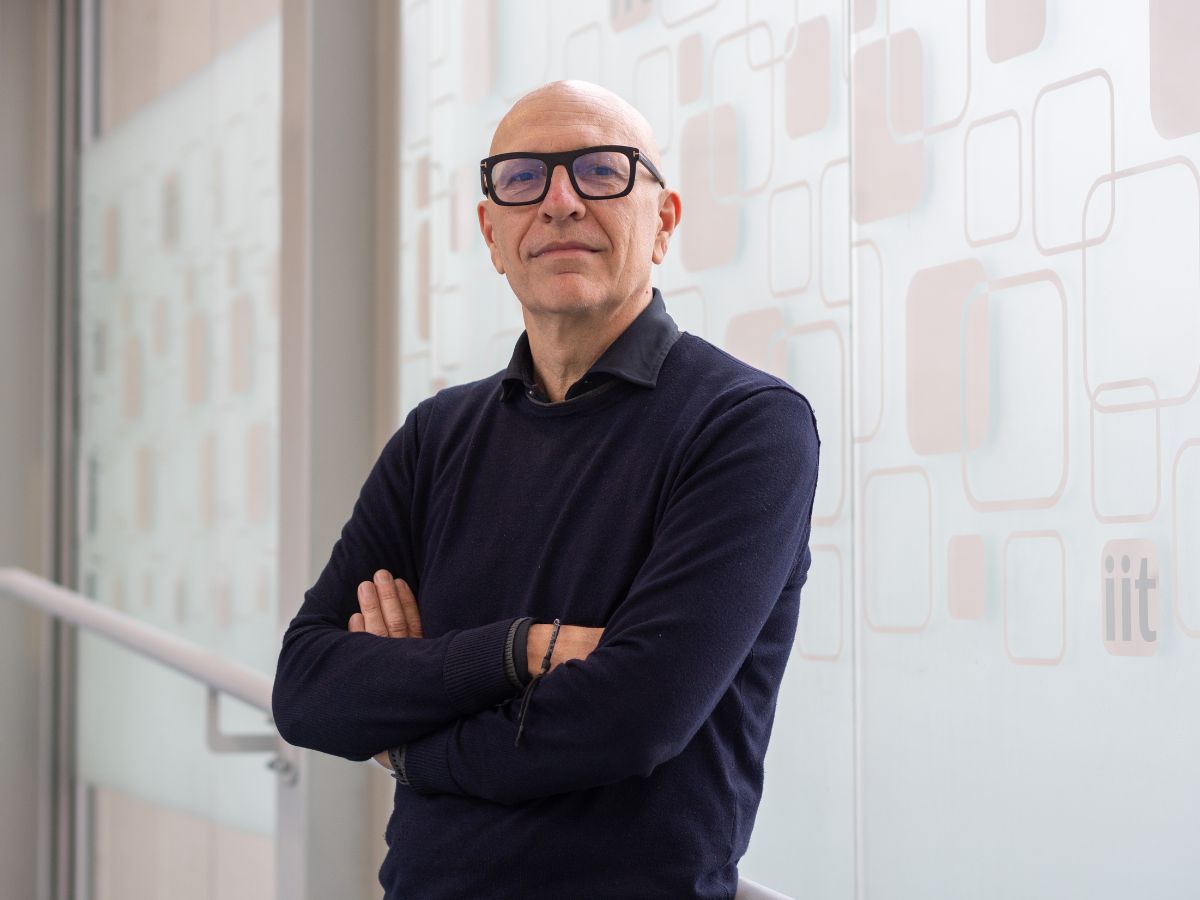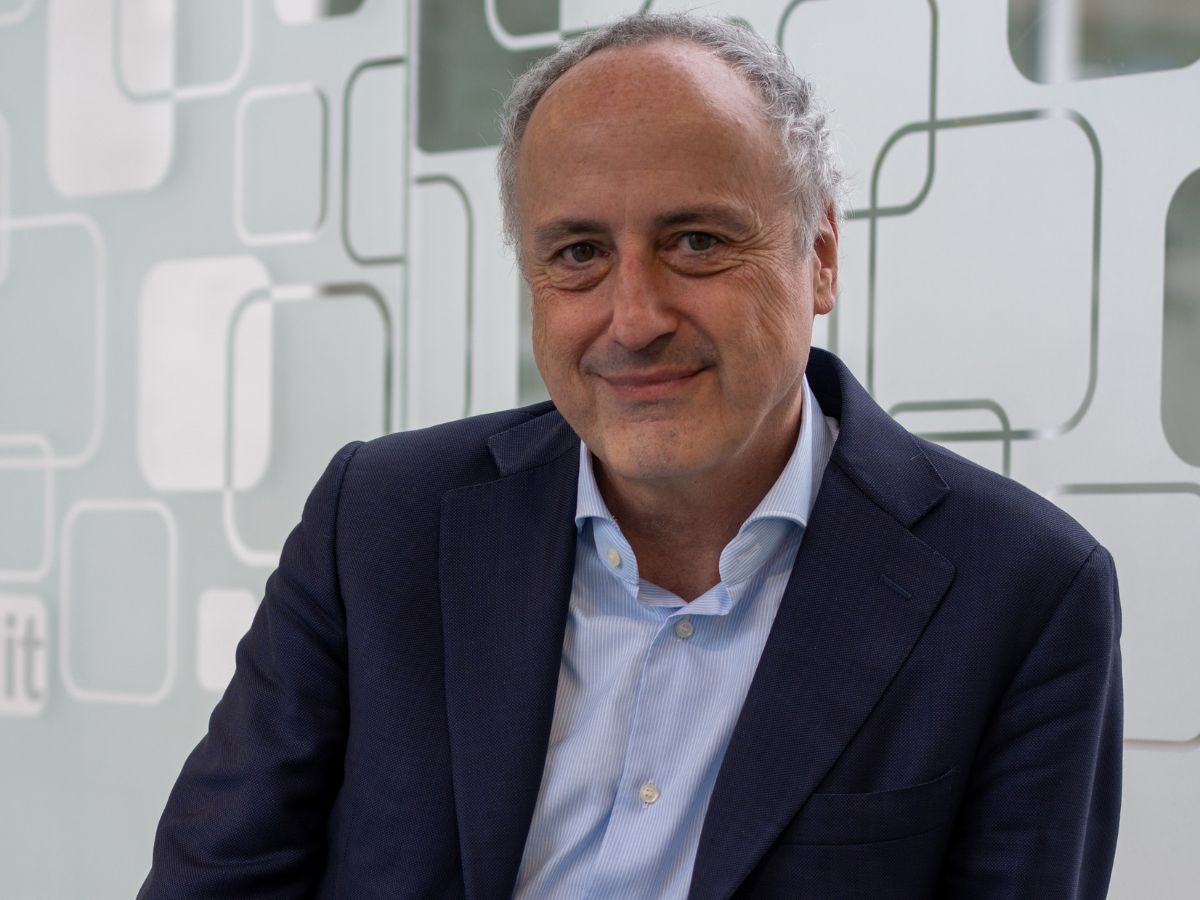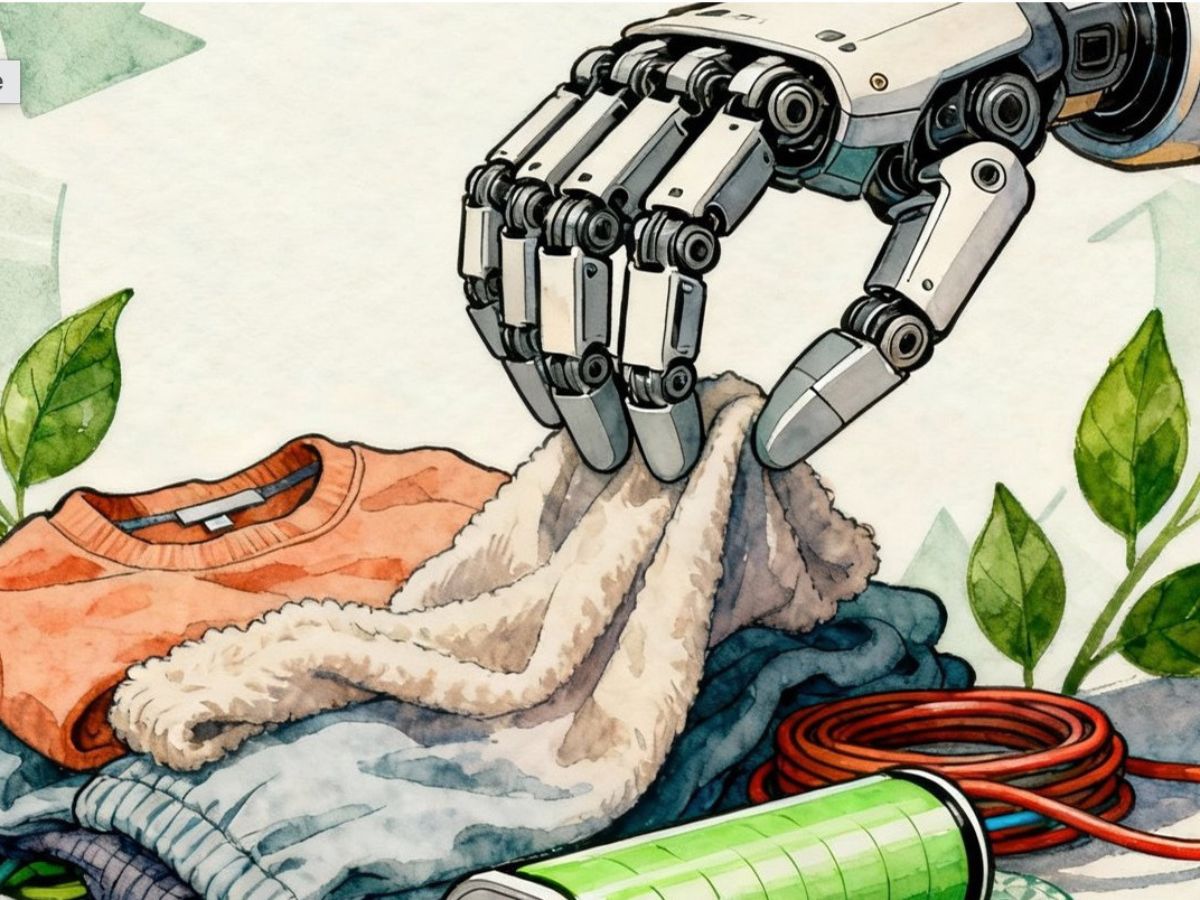Interview with Lorenzo Natale, coordinator of the IIT “Humanoid Sensing and Perception” research line
Name: Lorenzo
Surname: Natale
Born in: Genoa, Italy
Position: PI, Humanoid Sensing and Perception
What does your research team do? My group is involved with humanoid robotics, working on the iCub and R1 robots, studying and developing their capability of perceiving the environment in order to interact with objects and people in a dynamic and reactive way.
When you were younger, was this the job you had in mind? When I was young I wasn’t very keen on studying, and I hoped to finish my education as soon as possible. Certainly I never imagined that I would end up studying for my whole life!
If you hadn’t done this job, what would you have liked to do? My passion are computers and IT, and so I would have probably become a software or systems engineer.
That time you would have wanted to drop everything and do something else: In this profession you are constantly being assessed, and you may receive unfavourable feedback for a proposed project or an article, but it is important to never give up.
“Publish or perish”. How does the pressure to publish influence your days and your professional choices? An academic career is strongly influenced by publication, and this inevitably has an impact not just on my work, but also on that of my collaborators and colleagues. The pressure to publish has led to an increase in the number of scientific journals, and this is not always accompanied by greater quality; as a result it is becoming increasingly difficult to filter out the “background noise” and locate the articles that are genuinely useful. There is also a tendency to abandon problems or fields of research that are too difficult, or that for various reasons do not lead to publishable results, and this has a negative effect on scientific research in general. Unfortunately this problem is evident to all, but it is difficult to change how things are identify alternative criteria.
When did you realise you were going in the right direction? There was no single moment in particular, but rather many small reasons for satisfaction. I remember the first experiments on attention control using robotic heads at the LIRA-LAB at the University of Genoa, or the night when we activated all the iCub’s joints in a coordinated sequence as part of the “yoga demo”…
What is your next goal? We are trying to implement the results of our research for practical applications, more specifically for rehabilitation to control prosthetic devices, the use of iCub in the context of collaborative robotics as part of the ErgoCub project and utilising the R1 robot as a guide in museums.
What is the toughest aspect of your job? In research you study new things, you know where you are starting from, but you don’t know where you will end up, and you have to understand when it’s important to keep going and when, conversely, it would be better to change course. Every project has very challenging objectives and often, when results have been attained, I ask myself: were we just lucky again this time, or perhaps we are genuinely very good?
Senior researchers necessarily have to deal with many bureaucratic aspects. Apparently, this aspect does not fit well with the research activity. How is that for you? I think that this is the hardest part of a researcher’s career development, but in any case I do my best to focus my work on the management of research projects, and whenever possible, I try to set aside some time for doing something that truly I enjoy and that motivates me.
Who should invest more in research compared to what is done today? In Italy there is an urgent need for greater investment, both in pure and applied research; I think that more public funding is required, and also greater investments by private companies.
Do people talk about science outside the labs and the academic world? Science is often discussed, but in very simplistic terms, and there are only minimal opportunities for providing thorough explanations of the motivations underlying a research project and the results obtained; above all, we should describe what remains to be done before these results can have a tangible effect on people’s everyday lives.
Who gave you the most important advice during your journey? I was lucky enough to be able to work with particularly brilliant and skilled people, they all taught me a lot, including the students and postdocs I supervised.
What would you say to the younger you finishing his PhD? Focus, focus, focus!
Is working in different countries essential for a researcher? It is important to see how research functions in other countries, in order to build a network of contacts and achieve independence.
You can improve one aspect of research in general. Which one would you choose? I would make academic research less fragmented, increasing the number of groups that have the critical mass that is necessary to solve complex problems.






